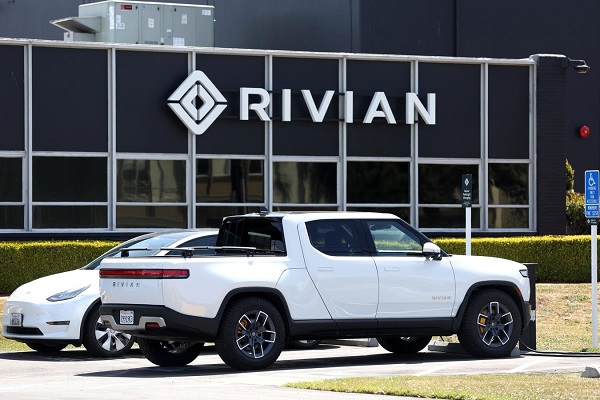
Rivian’s Stock Plunge: Analyzing the Impact of Lower EV Deliveries in Q4
The recent decline in Rivian’s stock price following the announcement of decreased electric vehicle deliveries in the fourth quarter has raised concerns among investors and market analysts. This article delves into the reasons behind this decline and its implications for the EV industry.
Understanding Rivian’s Q4 Delivery Decline
Rivian’s announcement of reduced EV deliveries in the last quarter has been a significant factor contributing to the recent drop in its stock value. This reduction is primarily attributed to production challenges and supply chain disruptions, common in the burgeoning EV industry. Despite the growing demand for electric vehicles, these issues have hindered Rivian’s ability to meet its production targets.
The decline in deliveries is not an isolated incident but reflects broader challenges faced by new entrants in the EV market. Rivian’s struggle to ramp up production amidst global supply chain constraints highlights the complexities of scaling up in this competitive sector.
Market Response and Investor Sentiment
The stock market’s response to Rivian’s delivery figures was swift, with a noticeable dip in stock value. Investors, already cautious due to the volatile nature of the EV market, have shown concern over Rivian’s short-term growth prospects. The delivery shortfall has prompted a reevaluation of Rivian’s market position and its capability to navigate the challenges of EV production.
However, it’s essential to consider the long-term perspective. While short-term hurdles are evident, Rivian’s commitment to innovation and sustainable vehicle production remains a strong investment thesis for future growth.
Comparative Analysis with Industry Competitors
When compared to established players like Tesla and emerging competitors in the EV space, Rivian’s challenges are not unique. However, the company’s approach to addressing these challenges will be crucial for its long-term success. Despite the setback, Rivian continues to hold a unique position in the EV market, especially in the electric truck segment.
Rivian’s strategy, focusing on a niche market and emphasizing sustainability, sets it apart from its competitors. This distinction could play a vital role in its recovery and future growth trajectory.

Rivian’s Forward Strategy and Outlook
In response to the delivery challenges, Rivian is actively working on streamlining its production processes and strengthening its supply chain. The company’s efforts to enhance manufacturing efficiency and mitigate the impact of global supply chain issues are critical for its rebound.
Furthermore, Rivian’s ongoing investments in technology and infrastructure, along with strategic partnerships, are expected to bolster its position in the EV market and facilitate long-term growth.
Conclusion: Rivian’s Path Forward
While Rivian’s stock has experienced a decline following its Q4 delivery announcement, it’s crucial to consider the broader context of the EV industry’s challenges. Rivian’s commitment to overcoming these obstacles and its strategic market positioning suggest potential for recovery and growth.
For investors and market watchers, keeping an eye on Rivian’s adaptive strategies and long-term objectives will be key to understanding its future trajectory in the dynamic EV market.
